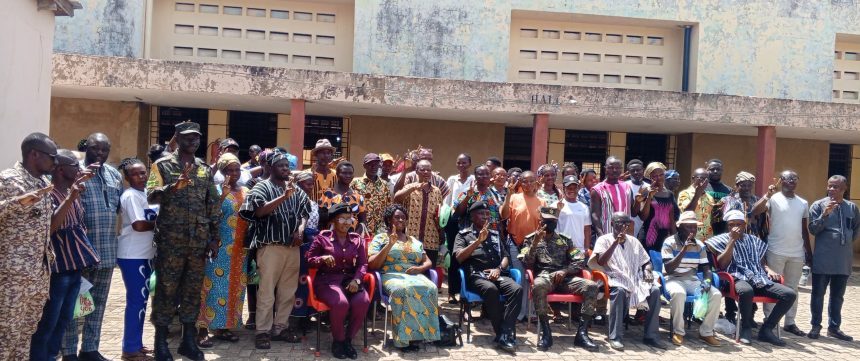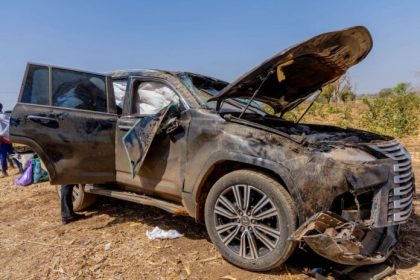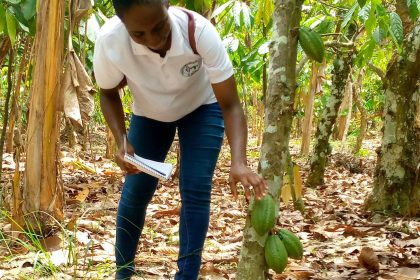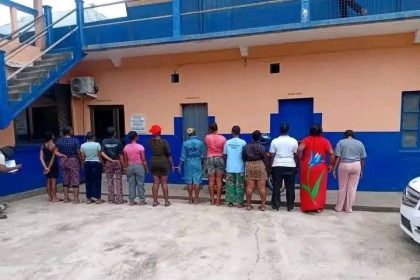Mrs Janet Sarney Kuma, Director in charge of Capacity Development and Outreach at the National Peace Council (NPC), has underscored the need for civilians and security services to build trust in tackling the drivers of violent extremism.
She said security was a shared responsibility and cannot be left in the hands of one institution, hence “the need for all civilians and security personnel to cooperate in handling the root causes of violent extremism and ensure peaceful coexistence to drive development.
The Director made the remarks when she addressed youth, women and opinion leaders drawn from various communities of the Bolgatanga Municipality at a day’s dialogue with security agencies on the drivers of violent extremism.
The dialogue formed part of the Prevention of Violent Extremism Through Social Accountability II (PoVETSA II) project, being led by the Catholic Relief Services with funding support from Netherlands Ministry of Foreign Affairs.
It aimed at aiding peacebuilding institutions to improve public trust and build confidence in security services for the prevention of violent extremism, while enhancing their ability to contextualize and implement social accountability mechanisms.
Mrs Kuma stressed that while Ghana remained a beacon of stability within the sub-region, the country cannot take its peace for granted.
She said violent extremism and terrorism pose threats not only to national security but also to the peace and development of families and communities, hence the need for constant vigilance and proactive collaboration between citizens and state actors.
Deputy Superintendent of Immigration (DSI) Clement Awaitey, an officer at the Upper East Regional office of the Ghana Immigration Service (GIS), noted that effective collaboration with civilians was essential to safeguarding the country’s borders and called on them to volunteer information to the Services.
ANCO Jennifer Abedi, Acting Head of the Education and Counselling Unit of the Upper East Regional office of the Narcotics Control Commission, indicated that the abuse of illicit drugs by the youth in the region was worrying and urged civilians to collaborate with the Service to clamp down on traders of illicit drugs.
“We can assure you the highest level of confidentiality, and so you don’t have to be worried that you may be exposed to these suspects as some of you have expressed,” she added.
Mr Ali Anankpieng, Peace and Conflict Resolution consultant, who facilitated the dialogue, said fractured security-civilian relations, unresolved internal conflicts, and threats of extremist violence could not be resolved through a purely securitized approach.
He stressed that addressing violent extremism required both operational responses by security agencies and community-based strategies that tackle the root causes of radicalization.
He cited experiences from other countries where a heavy focus on military and security operations without complementary community engagement had proved unsustainable and emphasized that tackling violent extremism requires deliberate attention to socio-economic grievances such as poverty, inequality, and political exclusion, which extremists often exploit.
Mr Anankpieng, also a former executive Secretary of the Upper East Regional Peace Council advocated for a “whole-of-society” approach, describing it as a balanced strategy that addresses both security threats and the underlying drivers of extremism.
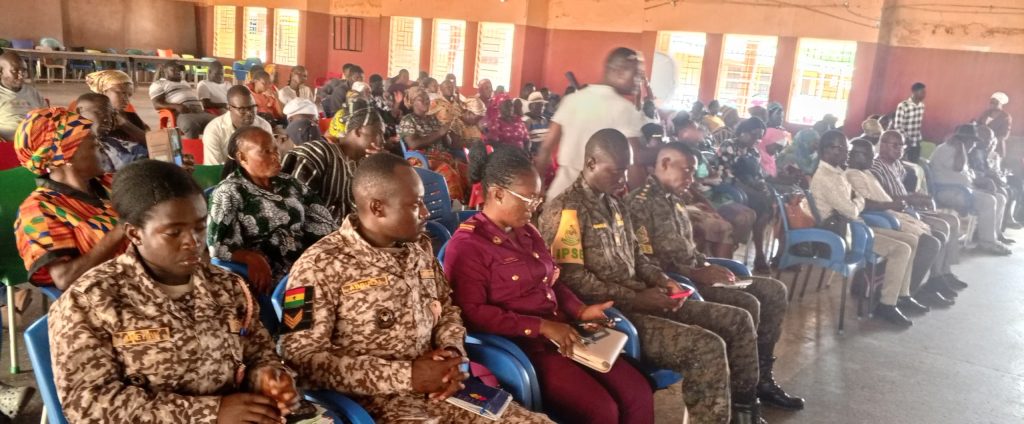
He commended Ghana’s Prevent, Pre-empt, Protect, and Respond framework as an example of such a comprehensive approach and urged stakeholders to strengthen its implementation at the community level.
GNA


